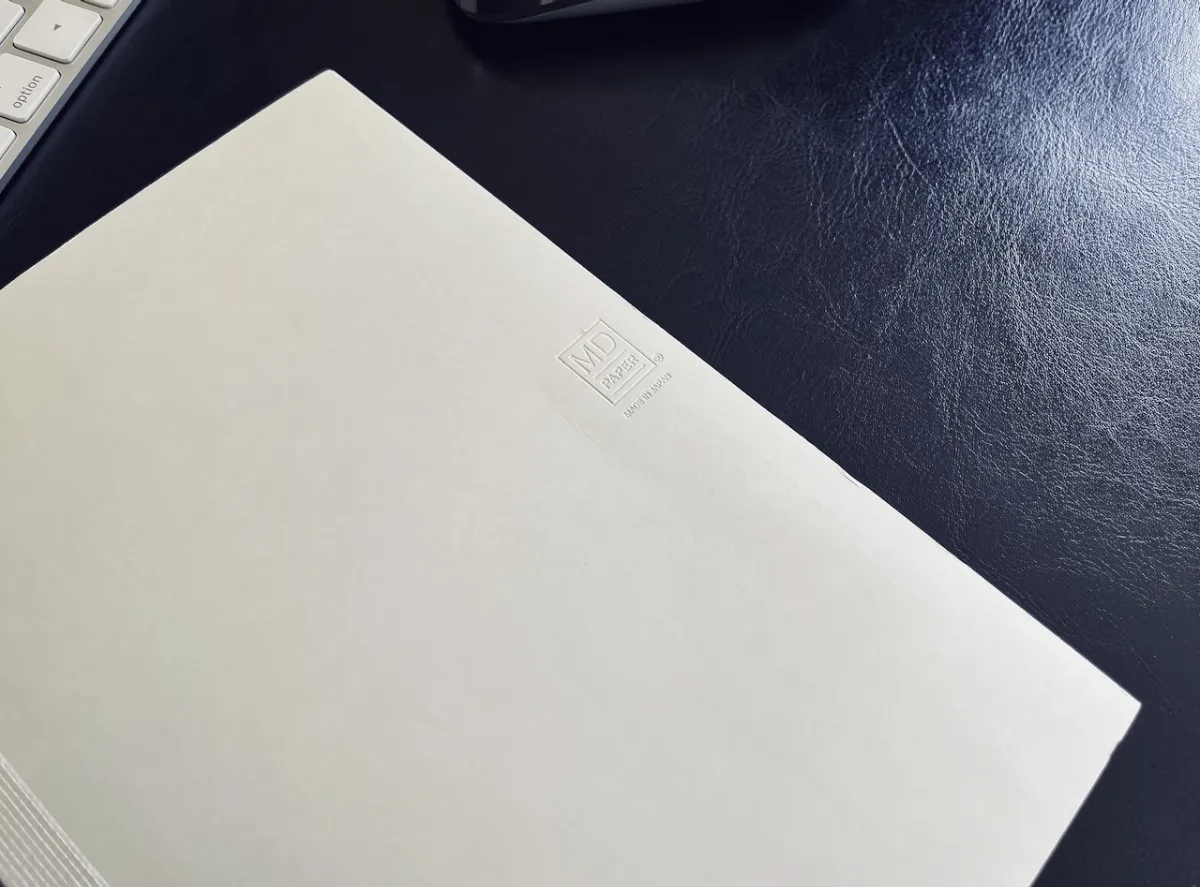Commonplace Book

I’ve been using commonplace Books1 in various ways without realizing it or its terminology. It is a central resource or depository for ideas, quotes, anecdotes, observations and information you come across during your life and didactic pursuits. The purpose of the book is to record and organize them for later use.
A commonplace book is an old-school tool that has quietly outlived empires, Enlightenment salons, and even the printing press. Surprisingly, it is the perfect productivity companion for our noisy digital age.
Nonetheless, it can be either digital or simply a pen and paper. It is not a diary. It isn’t a journal, a planner, or a scrapbook. Think of it as a curated collection of ideas, quotes, reflections, and bits of wisdom you encounter in your daily life. The concept traces back to the Renaissance, where scholars and thinkers would jot down passages from classical texts, scripture, or observations. Over time, these books became personal repositories of knowledge.
You don’t need to be an author or academic to benefit. A software engineer might log clever algorithms or system design patterns. A designer might keep color palettes, layout inspirations, or insights from user research. An entrepreneur might jot down lessons from failed pitches, snippets of advice, or customer feedback.
Unlike productivity apps that often feel like more work than they’re worth, a Commonplace Book asks very little of you. It doesn’t require a framework, daily prompts, or motivational quotes (though you can include those if you like). It’s built for curiosity and retention. Over time, it becomes a mirror of your intellectual journey.
One can maintain a commonplace book in physical paper notebooks, a digital form, or a combination of both. In the past, people have used commonplace books to;
- Record meaningful passages from books, speeches, or conversations.
- Write personal reflections and insights.
- Create connections between different fields of knowledge.
- Build a reference for creative, intellectual, or professional projects.
Marketer and Podcaster, Ryan Holiday wrote on How And Why To Keep A Commonplace Book.
-
Commonplace books (or commonplaces) are a way to compile knowledge, usually by writing information into books. They have been kept from antiquity, and were kept particularly during the Renaissance and in the nineteenth century. Such books are similar to scrapbooks filled with items of many kinds: notes, proverbs, adages, aphorisms, maxims, quotes, letters, poems, tables of weights and measures, prayers, legal formulas, and recipes. ↩